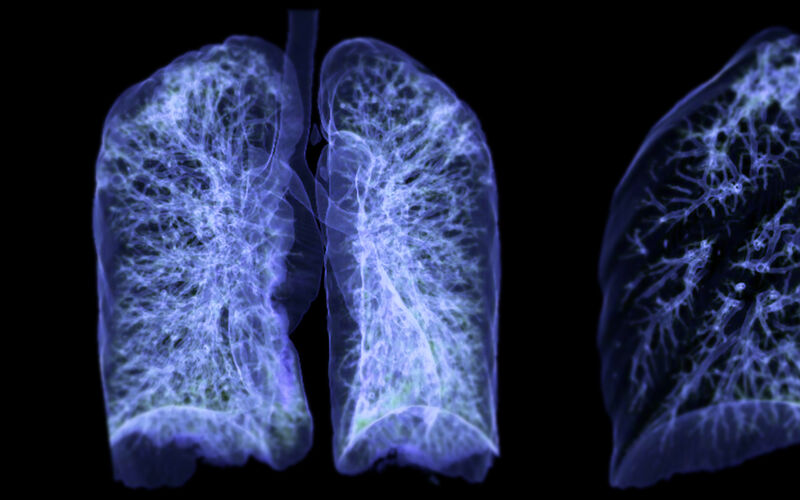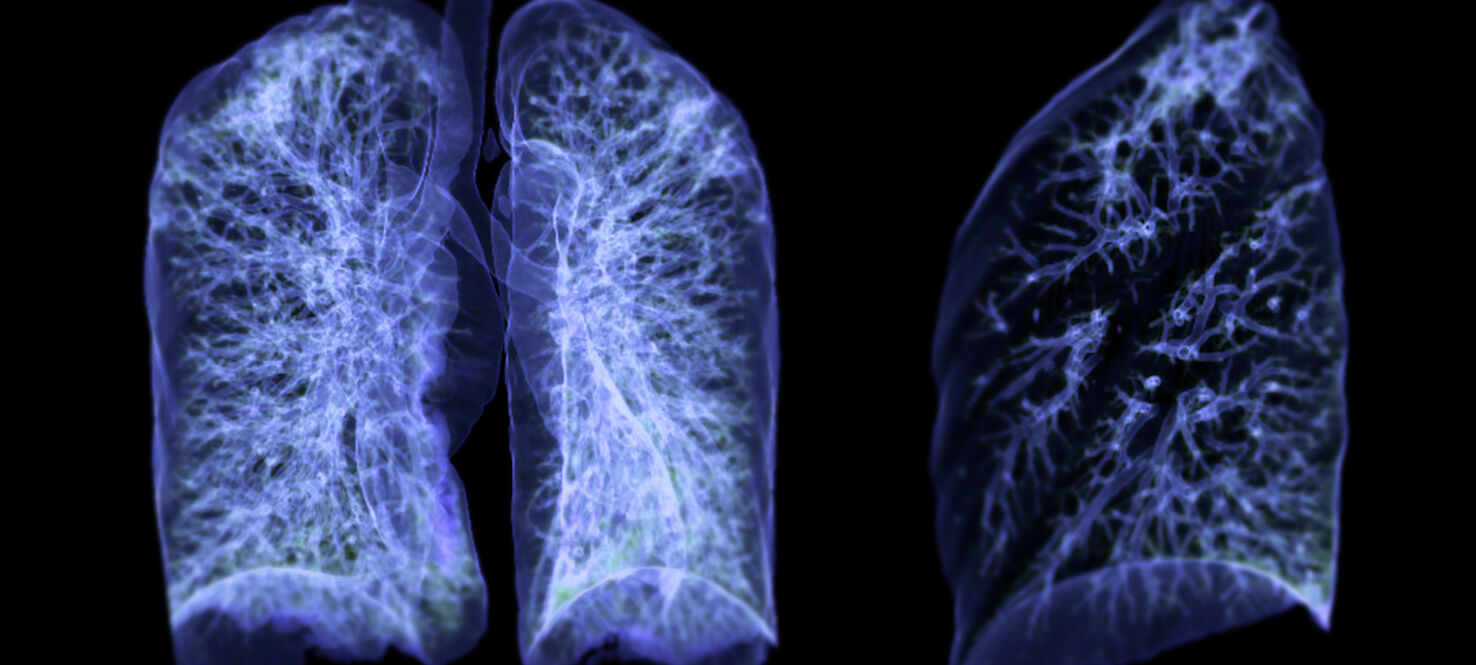New Trial Reveals Key Timing in Immunotherapy for Small Cell Lung Cancer
A new study presented at the American Society for Radiation Oncology (ASTRO) annual meeting has revealed that timing is crucial when adding immunotherapy to standard chemo-radiation for patients with limited-stage small cell lung cancer. The phase 3 trial showed that giving immunotherapy after completing chemo-radiation may improve survival but administering it during treatment does not offer the same benefit.
The trial, which enrolled more than 500 patients, compared survival rates for patients who received standard chemo-radiation alone with those who also received the immunotherapy drug atezolizumab at the same time. After one year, patients treated with just chemo-radiation had a survival rate of 82.6%, while those who received immunotherapy concurrently had a slightly lower rate of 80.2%. By three years, the survival gap widened, with 50.3% of patients receiving chemo-radiation still alive, compared to 44.7% in the group that also received immunotherapy.
The results contrast with other studies that found that giving immunotherapy after chemo-radiation can extend survival, reducing the risk of death by 27%. Researchers believe this difference is because radiation temporarily weakens the immune system, limiting the effectiveness of immunotherapy when both are given simultaneously.

Thomas Dilling, MD
“Concurrent chemo-radiotherapy can negatively impact lymphocyte counts and immune infiltration into the tumor, which might abrogate any benefit of the concurrent immunotherapy. Certainly, this requires additional study,” said Thomas Dilling, MD, a radiation oncologist at Moffitt Cancer Center.
In addition to investigating the timing of immunotherapy, the trial also found that delivering radiation twice daily, rather than once a day, significantly improved patient survival. Patients who received twice-daily radiation had a median survival of 35.4 months, compared to 28.3 months for those treated once daily.
“Interestingly, another randomized clinical trial recently compared daily and twice-daily radiation. That study was not powered to ensure clear superiority, but it was suggested that twice-daily radiation remain the standard of care. This study further confirms that previous finding,” Dilling added.
Small cell lung cancer is fast growing and accounts for 10% to 15% of all lung cancers. While treatments like chemo-radiation can be effective, the cancer often returns. The findings from this trial could guide oncologists in making better decisions for their patients regarding how and when to incorporate immunotherapy.




